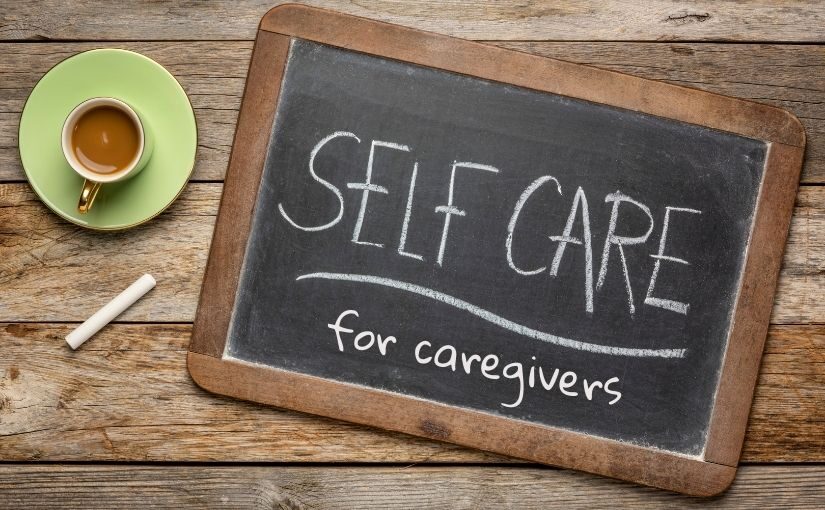On this, our final installment of “Let’s Talk About Caregiving” (at least for now), we wanted to offer some Tools2Thrive for those who are caregivers…and those who may want to prepare in the event that you must step into that role in the future. Selfcare and personal wellness are so important when in the role of “caregiver.” One of the first signs that you may be in need of selfcare or respite is depression. If left unchecked, major depression can result. Major depression is significantly more than feeling sad, unhappy, or moody. Most people experience these feelings for short periods. Major depression is a mood disorder in which feelings of sadness, loss, anger, or frustration interfere with everyday life for an extended time and requires a doctor’s supervision.
A family caregiver suffering from major depression experiences a combination of at least five of the following symptoms for at least a two-week period:
- Depressed mood, loss of interest or pleasure in most daily activities
- Significant change in weight or change in appetite
- Trouble sleeping or excessive sleeping
- Feeling tired and a lack of energy
- Feelings of hopelessness and helplessness
- Feelings of worthlessness, self-hate, and inappropriate guilt
- Feelings of low self esteem
- Sudden outbreaks of anger
- Difficulty in thinking, concentrating or making decisions
- Recurring thoughts of death or suicide
What major depression does NOT include:
- Substance induced depressed moods e.g. drugs or alcohol
- Schizoaffective disorder and other similar diagnosis
- Feelings of loss brought about by the death of a loved one
Depression is generally ranked in terms of severity — mild, moderate, or severe. The degree of your depression, which your doctor can determine, influences how you are treated. The primary types of depression include:
- Major Depression — five or more symptoms listed above must be present for at least two weeks. Major depression tends to continue for at least 6 months.
- Minor Depression — if less than five depressive symptoms are present for at least two weeks.
- Dysthymia — a chronic, generally milder form of depression but lasts longer, sometimes for as long as two years.
- Atypical Depression — depression accompanied by unusual symptoms, such as hallucinations or delusions.
- Bipolar Disorder — In this condition, moods cycle between mania and depression.
Common Causes of Depression: Generally, this is referred to as a nature-nurture phenomenon. That means that it’s always a matter of genes and environment interacting to produce the depressive changes. As arduous as family caregiving can be, if you become depressed, it is more than likely that you have a genetic vulnerability to developing depression.
The stress associated with family caregiving, in conjunction with your innate tendency to become depressed, can result in the development of major depression. Yet, even with a genetic predisposition, it is usually a stressful or unhappy life event that triggers the onset of a depressive episode.
- Family caregivers who provide care 36-or-more hours weekly are more likely than non-caregivers to experience symptoms of depression or anxiety.
- Family caregiving spouses experience symptoms of depression or anxiety at a rate of six times higher than non-caregivers.
- Family caregivers caring for a parent experience symptoms of depression or anxiety at a rate that is twice as high as non-caregivers.
Factors that increase a family caregiver’s likelihood of becoming debilitated by depression include:
- Tending to a loved one with disruptive behavior
- Personality changes caused by neurological conditions
- Having frequent conflict with the healthcare team
- Lacking available social and emotional support
If you have experienced any of the signs of depression that have been previously outlined, this Depression Test (https://bit.ly/3zi81WB) may help. Although online screening tools are not diagnostic instruments, they can be a place to start. You can take the results with you to your primary care doctor or healthcare professional. The results may assist in getting the conversation started.
And finally, there are more resources available for caregiver-specific scenarios that we could possibly share with you here. By visiting CAREGIVER-SPECIFIC Websites, you will have access to a wide variety of resources. Alternatively, call Pastor Jim at 623.792.5295 and he will be able to direct you to the resource that may be helpful for you.
